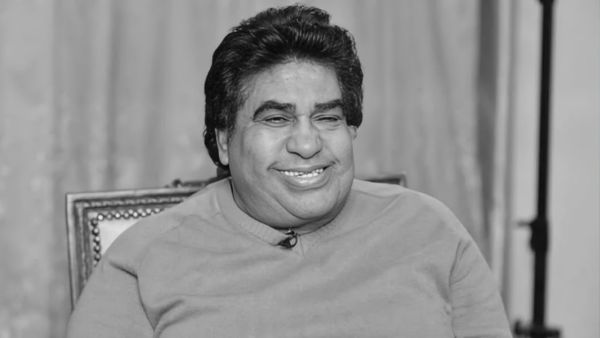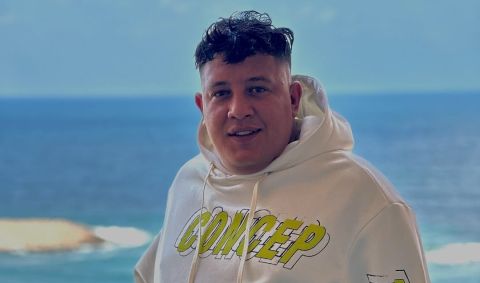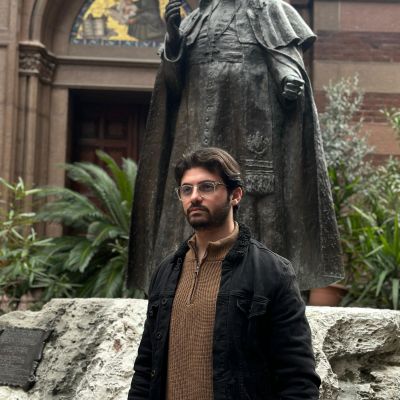ALBAWABA - After a battle with illness, particularly following the death of his wife, Ahmed Adawiya passed away at the age of 79.
A video of him with his father Ahmed Adaweya was posted on Facebook by his son, Mohamed Adawiya, who said, "May God have pity on you, Dad. May God show mercy to those who are sympathetic, gentle, and able to console those who are grieving.
It is important to note that the poet Salah Attia announced the death of the late Ahmed Adawiya's wife on May 16 on his Facebook page, writing: "Om Muhammad. From the start, she stood beside her husband like a mountain, a lady worth a hundred men. Because of her intelligence, tact, and speaking ability, the wife was the official spokesman for Adawiya, as anyone who watches press and media appearances from the 1970s to the present day would discover."
"In addition to being a genuine lady, she did not leave her husband for a single moment and did not content herself with complaining and surrendering to her husband's ordeal; she fought the circumstances and endured all the attacks against him," he explained in his eulogy for her. She was the epitome of loyalty and sincerity, and her steadfastness was admirable. May God show her mercy and give her light.
Who is Ahmed Adaweya?
One of the most well-known representatives of folk music in the 1970s was the Egyptian folk singer Ahmed Mohamed Morsi Al-Adawy, also known as Ahmed Adaweya (June 26, 1946–December 29, 2024).
- Ahmed Adaweya
- profoundly influenced the development of folk singing and became the godfather of the singers of his time, including Hakim. Adaweya's involvement in several movies made at the time complemented his singing career.
The beginning of stardom (1972): After he attended singer Sherifa Fadel's wedding anniversary party and attracted the attention of production companies, his celebrity took off.
Ahmed Adaweya creations:
His most well-known songs include Bint Al-Sultan, Zahma Ya Donia Zahma, Al-Sah Al-Dah Ambo, Salamatha Umm Hassan, Habbat Fawq, Kulla Ala Kulla, Seib W Ana Aseeb, Karkashing, Raho Al-Habayeb, and others. He recorded two albums with the "Sawt Al-Hob" company. He also sang well-known songs and played humorous roles in the movies.
The early 1990s accident left him paralyzed and isolated from the public for an extended period. He made a slow comeback with modest projects, like re-releasing his older songs and collaborating with up-and-coming musicians, like Ramy Ayach, on the song Al-Nas Al-Raika.










